Web crawling or web scraping is the process of collecting data from the web then saving it in a database for future use. For the purpose of this article, we will delve into how marketers with programming skills use this valuable data to better connect with their customers and ensure that their content is seen.
Market Research
Market research consists of gathering data about people or companies and then analyzing it to understand better the needs of the groups you’re targeting.
“Programmers would then use web scraping tools like Selenium for Python to pull this information into something marketers can use to better target and understand their desired audience.”
On tutorial websites like on scrapingbee, you can understand industry shifts, changing customer needs, and legislate trends in your industry. Market research can help businesses run more efficiently because they now have physical data of what their customer likes and dislikes based around the collection of data on browning preference.
Lead Generation
In marketing, lead generation is the initiation of consumer interest in products or services. Leads can be created for multiple purposes, such as actual sales leads, for list building, or to generate an e-newsletter. Emails are the most popular way to generate leads because the business has a direct channel to their customers who will want to buy a product.
A programmer could generate leads using a web scraper that would automatically collect information like location, zip code, name, and email to understand who is more likely to purchase a product. They could then filter data based o keywords the user searches, which provides a more accurate assessment of the potential buyers’ interest.
Search Engine Optimization
SEO is its own science, and it’s a necessary form of marketing that helps a website rank on search engines. What makes SEO different than other marketing ventures is it’s classified as natural or organic traffic, which means the traffic comes from unpaid results. It also may target different types of searches like video search, image search, or industry-specific searches.
Web scrapers can determine how many people click on your website based on specific keywords. For example, if you have a yoga website that sells yoga mats, your primary keywords are likely “yoga,” “yoga mat,” and “yoga equipment.” Although these are appropriate keywords, they are sometimes too broad to generate an optimal amount of organic traffic.
With this information, you can change your website’s keywords to include your brand (“yoga mats lululemon) or keep it broad because you’re generating enough clicks. You can also see if you are showing up on keywords that have nothing to do with your website, usually due to misspelling or incorrect keywords on your website.
Web scrapers can also help you understand your competition, how you’re ranking compared to your business rivals, and how you can use their keywords to rank instead of them. Programmers would then track this information over time to see if their ranking on search engines is moving up or down. Having this active data can help you improve how you market your website.










